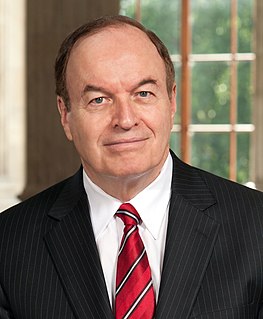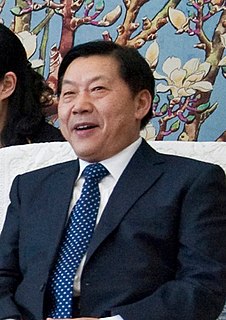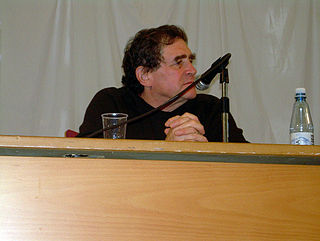A Quote by Max Anders
People are not free to violate law or convention to satisfy their wants and cravings.
Related Quotes
If the white man wants to live in peace with the Indian, he can live in peace. Treat all men alike. Give them all the same law. Give them all an even chance to live and grow. All men were made by the same Great Spirit Chief. They are all brothers. The Earth is the mother of all people, and all people should have equal rights upon it. Let me be a free man, free to travel, free to stop, free to work, free to trade where I choose, free to choose my own teachers, free to follow the religion of my fathers, free to think and talk and act for myself, and I will obey every law, or submit to the penalty.
Those who want their rights respected under the Constitution and the law ought to set the example themselves of observing the Constitution and the law. While there may be those of high intelligence who violate the law at times, the barbarian and the defective always violate it. Those who disregard the rules of society are not exhibiting a superior intelligence, are not promoting freedom and independence, are not following the path of civilization, but are displaying the traits of ignorance, of servitude, of savagery, and treading the way that leads back to the jungle.
In Romans 7, St. Paul says, "The law is spiritual." What does that mean? If the law were physical, then it could be satisfied by works, but since it is spiritual, no one can satisfy it unless everything he does springs from the depths of the heart. But no one can give such a heart except the Spirit of God, who makes the person be like the law, so that he actually conceives a heartfelt longing for the law and henceforward does everything, not through fear or coercion, but from a free heart.
All cravings are the mind seeking salvation or fulfillment in external things and in the future as a substitute for the joy of Being. As long as I am my mind, I am those cravings, those needs, wants, attachments, and aversions, and apart from them there is no "I" except as a mere possibility, an unfulfilled potential, a seed that has not yet sprouted.
The industrial and social injustice of our era is the tragic aftermath of democracy's overemphasis on freedom as the "right to do whatever you please." No, freedom means the right to do what you ought, and ought implies law, and law implies justice, and justice implies God. So too in war, a nation that fights for freedom divorced from justice has no right to war, because it does not know why it wants to be free, or why it wants anyone else to be free.


































